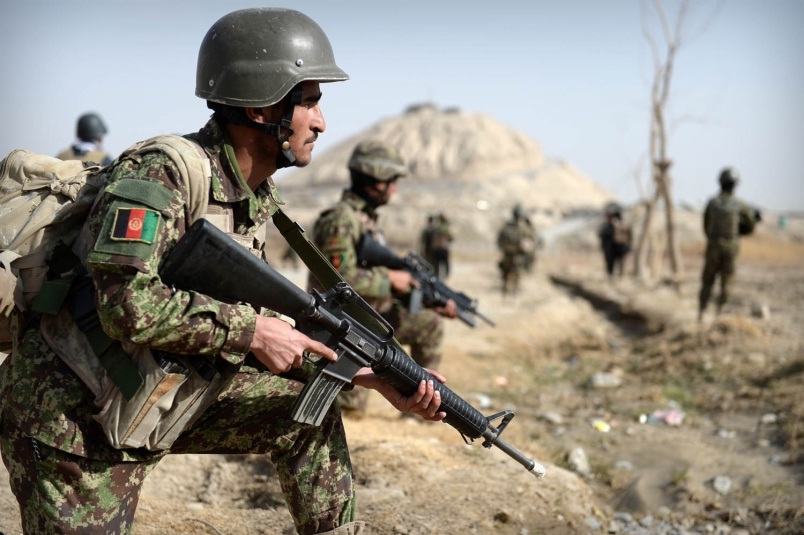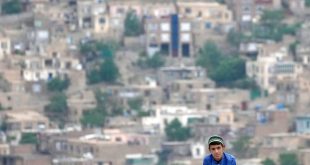Afghan troops have struck a powerful blow to the insurgency by shutting down a Taliban’s strategic supply route in south-east. The route being located in Paktia province near the rigorous border with Pakistan has been a corridor for major terrorist movements and their logistic supplies. Combined with the elimination of top Taliban chieftains in Kunduz, this is the most significant blow struck against the Taliban logistics and facilitation chain. This would reduce the Taliban’sability to conduct guerilla operations against the army.
Because of its proximity to the unchecked border, the route’s blockade will highly likely restrict Taliban’s movements between Afghanistan and Pakistan. The Taliban are now bereft of the bulk of their logistic and operational capability. Also, the indigenous troops have proved to have inflicted detriment upon militant operations – as they are ratcheting up defensive operations. An irrevocable ramification of this military feat will be the demoralization of the Taliban – who never stop being intransigent. In fact, they have been demoralized and dissuaded several times before. An army airstrike in remote areas of northeastern Kunduz province a fortnight ago resulted in killing of a bevy of Taliban military commanders. The spy service has too been seldom backward in offering robust backup to security forces. Our intelligence operatives orchestrated a strategic operation that resulted in pinpointing the location of the notorious insurgent gathering in Kunduz.
This major bust is also a warning for Pakistan – with its reverberations exponentially felt in the very pillars of its military establishment. Irrevocably, Afghanistan holds substantiated evidence implicating Pakistan’s armed forces and its intelligence proxies in fueling insurgency and exacerbating insecurity in Afghanistan. Pakistan’s increased interference in Afghanistan which has sparked serious reactions inside Afghanistan is a byproduct of its strategic-depth policy towards Afghanistan – a wicked duplicity-oriented policy to retard Afghanistan and drain its strength.Islamabad has been overwhelmingly on the offensive, and the increasingly fragile and acrimonious political theater in Afghanistan has served as an incentive for the military government to scale up its interference by supplying insurgent groups with resources and slinging indiscriminate propagandas and wicked intelligence works.
But, Afghan forces are now capable of repelling such belligerent threats. During the Kunduz military airstrike, five of Pakistan’s senior military advisors were killed. Afghan troops also foiled another major attempt of Pakistan, after they killed a dozen of Pakistan security forces in a de factor border skirmish a few days ago. Pakistan troops raided several border checkpoints inside Afghanistan, but faced an immediate daring resistance from the Afghan defense forces and retreated. This drama of fiasco exacerbated Pakistan’s fury even further.
In spite of Afghanistan’s strong belief about Pakistan’s involvement in waging insecurity and the ongoing turmoil, Pakistan’s military leadership deliberately accuses Afghanistan of harboring terrorists on its rigid territories of south and east and that the insurgents slip into Pakistan from this side of the Durand Line. With this often-confrontational position, Pakistan’s armed forces have been launching last-ditch rampages on Afghanistan’s tumultuous east — purportedly to pressure Afghanistan.
But, it is incumbent upon the security apparatus to buffer these threats, and focus further on defensive strategies and fortify security in the sprawling borders. Permanent security checkpoints should be installed with unwavering logistic underpinning along the rigorous borders with Pakistan to curb the influx of the Taliban.
 Afghanistan Times
Afghanistan Times


